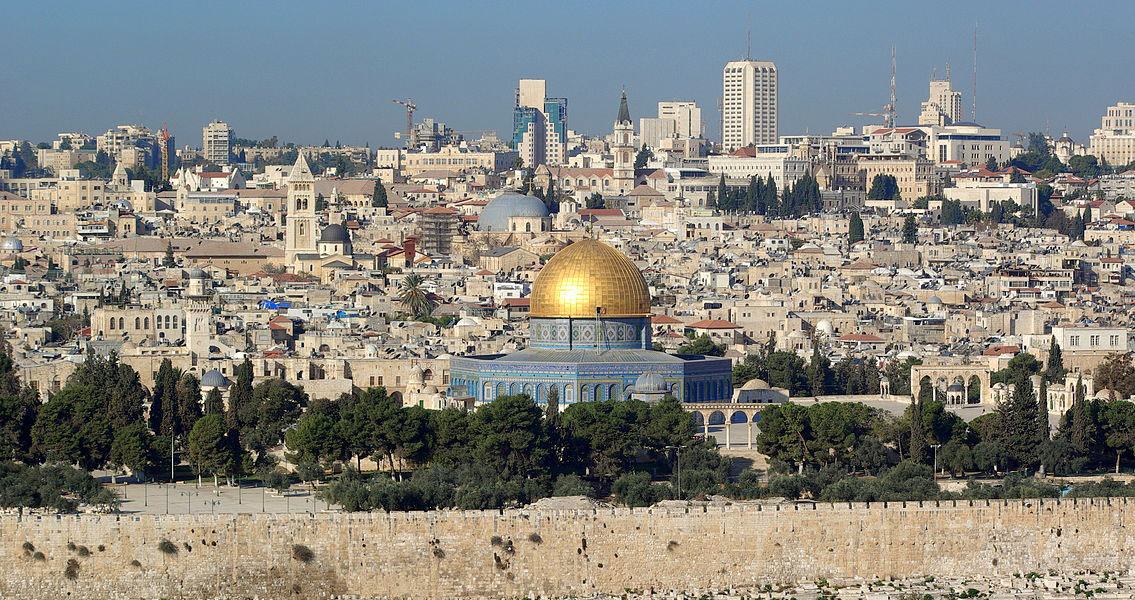<![CDATA[On 29th November 1947 the United Nations voted in favour of the partition of Palestine and the creation of an independent Jewish State - what would become Israel. The decision would have long term repercussions throughout the Middle East and further afield. The initial partition plan, officially known as UN General Assembly Resolution 181, laid out clear terms for the division of Palestine. It stipulated that a Jewish State covering 56.47% of Palestine would be created, with a population of 498,000 Jews and 325,000 Arabs. There would also be an Arab State covering 43.53% of the territory. This would have 807,000 Arab inhabitants and 10,000 Jewish inhabitants. Jerusalem, with a population of 100,000 Jews and 105,000 Arabs, would be governed by an 'international trusteeship regime', reflecting the city's importance to a variety of cultures. The plan was strongly supported by the majority of Western Nations and the Soviet Union, although it was strongly opposed by Arab nations, such as Egypt, Iraq and Transjordan. Palestine had been under the control of Great Britain since 1917. Even then, it was the scene of conflict between Arabs and Jews. Both parties laid claim to the territory. Jewish emigrants from Russia and Europe had come to the ancient homeland of the Jewish people to create a Jewish national state. On the other hand, Palestinian Arabs wished to create a secular Palestinian state. From 1929, open conflict between Jews and Arabs was rampant. The British forces attempted to relieve the situation by restricting Jewish immigration to the country - an understandably unpopular move among the Jewish inhabitants of Palestine. Just a few years later, an overwhelming number of Jews attempted to enter Palestine illegally, to escape the Holocaust in Europe. Resenting Britain's attempts to halt their entry into Palestine, radical Zionists started to carry out acts of terrorism against the British forces. As the Second World War came to an end, and the true horrors of the European holocaust came to light, the Jewish cause in Palestine was suddenly given a new context, particularly in the United States. The American government quickly started to campaign for the creation of a Jewish State in Palestine. Great Britain, still officially responsible for Palestine, elected to refer the matter to the newly formed United Nations in 1946. Britian abstained from the vote, but accepted its outcome, which included a mandate to administer the territory until May 1948. The period between the UN resolution and Britain's withdrawal from Palestine saw a civil war break out between the Jewish and Arab populations. By the time Israel proclaimed its independence on May 14th 1948, it had secured full control of the territory granted to it by the UN, as well as some of the lands that had been granted to the Palestinians. The day after Britain withdrew its forces and Israel proclaimed independence, the Arab-Israeli War broke out between Israel and the combined forces of Egypt, Iraq, Lebanon, Syria and Transjordan. The war itself would be comparatively short lived, but the conflicts between Israel and Palestine, and the complicated balance of power in the Middle-East, continue to this today.]]>
Resolution 181 and the Origins of Israel
